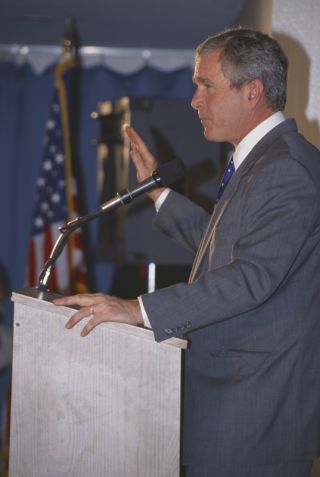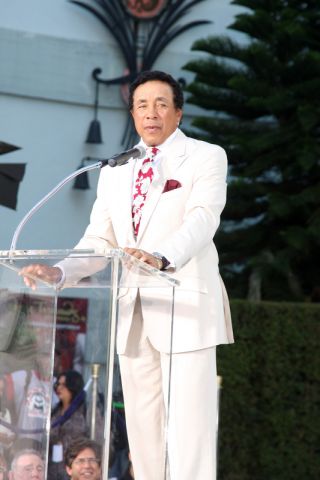
Addiction
When Quitting Drinking Is On Your Resolution List
Should you go it alone, see a therapist, or walk the steps?
Posted December 20, 2013
Whether awareness has been lingering or it’s newly obvious that too many problems in your life stem from alcohol (or other drugs), the start of a new year often signals time for a change and deciding how to go about it. Typically, people decide to make a change when the costs of “using” (hangovers, fender benders, anger management issues, forgetfulness, lost work days) outweigh the benefits (getting a buzz, mental escape, temporary anxiety and stress management.
As I report in Inside Rehab, the knee jerk reaction when someone decides to deal with an alcohol or drug problem is typically, “You gotta go to rehab.” But the truth is that most people overcome substance use disorders – the medical terminology for alcohol and drug problems – which fall on a spectrum from mild to moderate to severe – without ever setting foot in a rehab. They do it totally on their own, by going to peer support meetings such as Alcoholics Anonymous (AA) or SMART Recovery, or with help of an individual mental health professional. When they use treatment facilities, far more go to outpatient programs than residential rehabs offering overnight stays. (And
research suggests that there’s no difference between the two in effectiveness.)

What George W. and Smokey have in common.
Contrary to what most of us are told, many people with serious drinking problems are not “in denial” about them. When I asked 200-plus of my Sober for Good book participants – people with at least five years of sobriety – “Did you go through a period of time when you knew you had a serious drinking problem but couldn’t or chose not to do anything about it,” nine out of ten answered, “yes.” (Of those who gave a time period, the average was just over six years.)
Another misconception is that you can’t quit drinking without going to AA. While individuals who go to AA and get involved in the program tend to be more likely to stay off booze than those who do not, most drop out of AA over time. I’ve interviewed countless people who found other routes to getting and staying sober.
So if you’re “ready”, you’re wondering how bad your problem is, and want to know what type of help is right for you, my best advice is to get an assessment from a professional who has expertise with both substance use disorders and mental health problems, someone who’s an independent practitioner with no vested interest in admitting you to a “program” or facility, who will give an unbiased opinion. That person might be a psychologist, psychiatrist, or social worker who has special expertise with substance problems – most don’t, so ask about their training. Pick a date, make a commitment, and follow through.
Famous Do-It-Yourselfers
Although it’s often said the odds are against recovering without outside help, studies suggest that anywhere from 20 to 80 percent of those who beat addiction do so on their own, depending on which studies you consult, how long people have been in recovery, and what type of addiction we’re talking about. From available evidence, the following famous folks quit drinking or drugging without any professional addiction help – and, apparently, without involvement in a 12-step program.
David Letterman in a 1997 TV Guide interview and a 2012 interview on his show: “I never went out when I was in high school or college. I was pathologically shy, and because of that I was drunk all the time... When I quit drinking, I just stayed home more. But I don't feel like I miss much.” In a 2012 interview, he said to a guest on his show, “I used to be a horrible alcoholic...I started drinking when I was like 12 and didn’t stop until I was in my thirties.” I’ve been able to find nothing that contradicts the notion that David gave up alcohol on his own.
George W. Bush in a 2008 AP report: "Addiction is hard to overcome. As you might remember, I drank too much at one time in my life,” Bush reportedly said to a group of former prisoners. “I understand addiction, and I understand how a changed heart can help you deal with addiction." The account went on to state that the former president has often credited both his Christian faith and vigorous exercise with giving him the discipline he needed to execute the decision to quit drinking the day after his 40th-birthday.
Garrison Keillor in a 2003 Associated Press (AP) interview: "I decided to stop [drinking] for the same reasons that I stopped smoking about 20 years ago, which were that I was tired of thinking about it.” While the write-up states that he didn’t have a drinking problem, it goes on to quote Keillor as saying, “I love to drink everything. I love to drink." He added that if a person couldn’t stop drinking, the only recourse would be to enter a rehab program and said, “But I'm not used to being a patient. I don't like to be a patient. I don't have the temperament for it. And I have a whole big, busy life that I need to carry on, and I don't really have time to go into a room and weep into a Kleenex. I just don't."
Smokey Robinson in a 2004 AP interview:

Smokey Robinson in a 2004 AP interview:
Copyright Anne M. Fletcher
Smokey Robinson photo credit: © Carrienelson1 | Dreamstime.com
George W. Bush photo credit: © Americanspirit | Dreamstime.com
Follow me on Twitter @annemfletcher for regular updates on addiction, weight control, psychology, and health (www.annemfletcher.com)
INSIDE REHAB will be out in paperback on January 1, 2014



